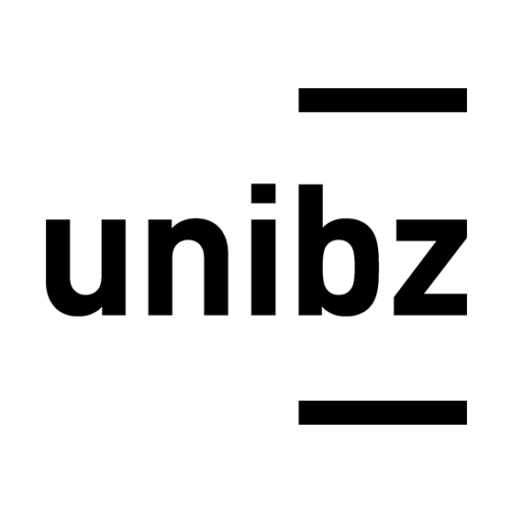
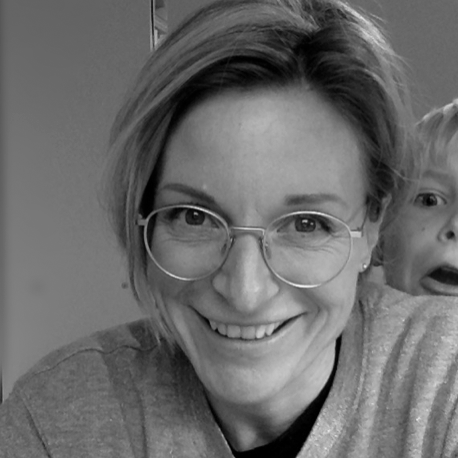
(KEYNOTE SPEAKER)
Transformation within organisations
How the way we organize our work influences the results of what we do
Today, a growing number of companies understand that transforming their business is crucial to their future existence. But they only have vague ideas of where to begin, and the task is becoming more pressing and bigger every day. This input is about theDive’s efforts to foster change from within those companies, and about what „transformed work“ means for an organisation like theDive itself.
Media recommendations:
- The Loop Approach by Ben Hughes and Sebastian Klein
- Reinventing organisations by Laloux
Ella Lagé
→ The Dive
Born in Munich, raised in Germany, Italy, Israel and the US, an award winning designer and long term climate activist by heart, my stops along the way so far were with Fjord (service design), betterplace.org, Demos Helsinki and now theDive.com. Content wise, those stops were a strictly user centered approach, thoroughly designed co-creation processes, divestment, narratives about desirable future realities to help clarify what kind of experiments make sense, and organisational development, because people often struggle to bring in their full potential as human beings with creative energy, and the desire to do better as a collective. I live in Berlin with my family, always trying to embrace the unknown.

(KEYNOTE SPEAKER)
Who does the work?
Rethinking labour and livelihood in the interdependence
In this presentation I will consider how diverse economies theories leads us to think differently about livelihoods and the work needed to sustain them. In particular, I focus on the way that in the diverse economy our livelihoods must always be seen as entangled with relationships and obligations of care: the care we must accept from others when we are infants, we are vulnerable, when we share a household with others who contribute to the cooking or the cleaning, when we breathe the oxygen that the trees help to create; the care we provide to others whether with love or cash or kindness; and the ways that we care for ourselves, guarding our self interest or simply getting enough sleep from time to time! This talk will explore the question of who does the necessary work of care that enables us to sustain our livelihoods, and the relations of interdependency between these workers. I argue that a fair account must begin with recognition that life and livelihood are collective endeavours.
Media recommendations:
- My book and recorded talk about ‘Birthing Work: The collective labour of childbirth’ that elaborates a vision of the interdependencies and distributed agencies through the context of childbirth and maternity care: https://vimeo.com/456783739, (pdf copy is attached and I’m happy for this to go out to participants free of charge)
- More examples, resources, and literature are available at the Community Economies web page: http://communityeconomies.org/
- Another important book: Ethan Miller (2019) Reimagining LivelihoodsLife beyond Economy, Society, and Environment Minnesota University Press.
Katharine McKinnon
→ Community Economies, Centre for Sustainable Communities, University of Canberra, Australia
Associate Professor Katharine McKinnon is the Director of the Centre for Sustainable Communities at the University of Canberra. For the past 20 years, she has worked with a broad range of communities in Australia and the Asia-Pacific, engaging in qualitative and participatory social research for community learning and development. Her current research considers questions of; how to achieve gender equity in ways that suit the lives and livelihoods of people in their different places and communities; how to reshape enterprises and organizations around priorities of care and inclusivity; and how to put ethics of care for people and environment at the heart of economies and livelihoods. She currently volunteers as Chair of the inaugural Board of the Directors for the Community Economies Institute, a not-for-profit member-based organization dedicated to furthering research, education, and advocacy for economic practices shaped around an ethical concern for that ‘surviving well together’.
Questions
- How to enact interdependent relations of care in and through livelihoods?
- What are the practices, tactics, and experiments that enable care to be the starting point for economic relations?
- Care for the more-than-human is an obligation that accompanies the recognition of care as entangled in all our livelihoods and economies.
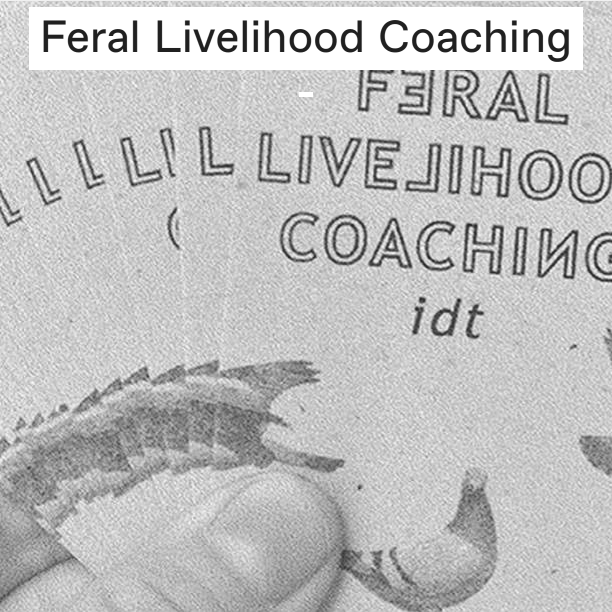
(KEYNOTE SPEAKER)
Feral Business Coaching
Reclaiming the arts of coaching as a grassroots resource
Artist, trader, and feral business coach Kate Rich has been working in the margins of art and business for the past 20 years. Today she will introduce the practice of feral business coaching, which merges materials and methods from life coaching, business strategy, feminist economics, dramaturgy, divination, DIY, art, and design. Feral business coaching offers a focused space to think creatively and experimentally on the powerful and delicate subjects of business and livelihood. It is also something we can do together here and now. In the end, nothing will be solved, but new understandings might be opened.
Questions:
- What can business coaching for a radically rethought economy look like?
Kate Rich
trade artist and feral economist → Feral Business Coaching / feral trade / Cube-Cola, Australia/UK
Kate Rich is an artist, trader, and feral economist, normally living in Bristol UK. Since 2003 she has run Feral Trade, an artist-operated grocery business trading goods across mixed terrain of art, social networks, and the commodity sphere. Kate is a volunteer finance manager at Bristol’s Cube Cinema, a land-based member of the Sail Cargo Alliance, and part of the Cube-Cola manufacturing partnership, a kitchen-based operation making an open-source fizzy drink with worldwide distribution. In 2019 she co-founded the Feral Livelihood Coaching Collective, a trans-local team of artists, designers, and ecologists who are working to reclaim the contaminated art of business coaching as a grassroots
community resource. She is currently testing out the curriculum for the Feral MBA, a radically different training course in business for artists and others.
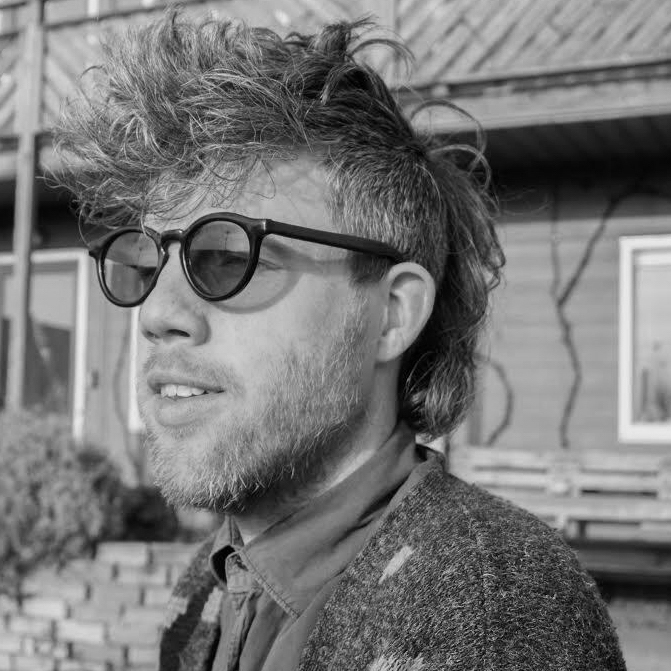
(KEYNOTE SPEAKER)
CAPS LOCK
On the history of design work and how the commons can help change its toxic nature
Capitalism could not exist without the coins, notes, documents, graphics, interfaces, branding, and advertisements; artifacts that have been (partly) created by graphic designers. Even anti-consumerist strategies such as social design and speculative design are being appropriated within capitalist societies to serve economic growth. It seems that design is locked in a system of exploitation and profit, a cycle that fosters inequality and the depletion of natural resources.
This lecture will emphasize the role of design work in this predicament, which is characterized by overwork, competition, and only values individual achievement. In fact, design work is highly collective and needs to be based on care rather than competition. Involving ideas of the commons, acknowledging the role of unpaid domestic and reproductive labour, and the role of professionalism and ‘official’ design standards can lead us to a more healthy form of design work.
CAPS LOCK (Valiz, 2021) is the second book by Ruben Pater after The Politics of Design (BIS, 2016).
Ruben Pater
→ The Politics of Design, CAPS LOCK, Netherlands
Ruben Pater (1977, NL) works between journalism and graphic design. Under the name Untold Stories, Pater creates visual narratives that support solidarity, justice, and equality. Pater finds himself being a designer at a time when design is the last thing the world needs. Until more ethical approaches present themselves, he designs, writes, and teaches. He is a tutor at the BA Graphic Design and the MA Non Linear Narrative at the Royal Academy of Art in The Hague. The Politics of Design (BIS, 2016), is his first book about cultural bias in graphic design. His second book CAPS LOCK (Valiz, 2021) looks at the role of graphic design in capitalism. Pater is based in Amsterdam, the Netherlands.
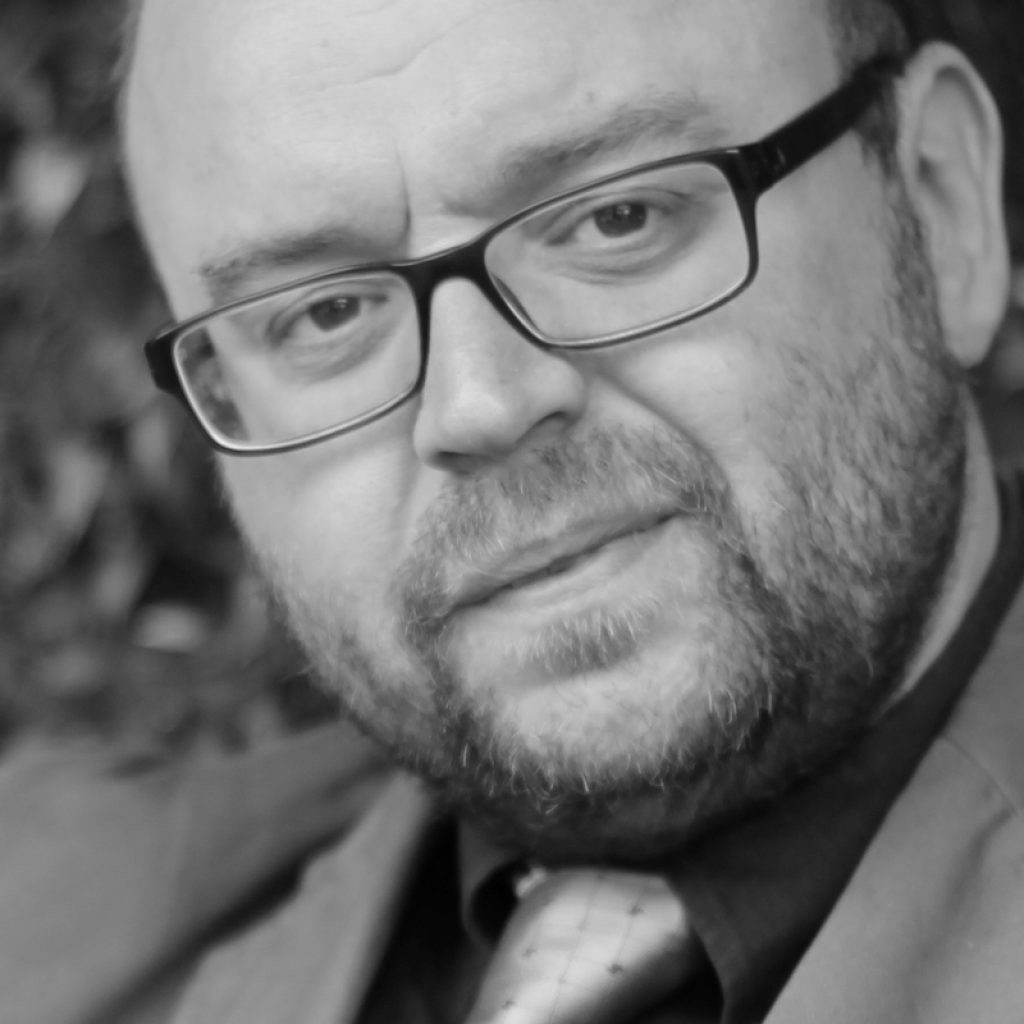
(KEYNOTE SPEAKER + WORKSHOP)
Organizing transformative work
The perspective of participatory design research
Engaging in transformative work through participatory approaches requires an extensive set of
complementary skills and competencies. Those range from understanding the problems at hand from the
point of view of the multiplicity of social actors involved to the transformation of this understanding in
multiple artifacts, passing through the evaluation of the overall process and its products. In this talk, I will
rely upon the experience of organizing two EU-funded participatory design projects, Common fare and
Grassroots Radio, to present potential approaches to the problem of organizing transformative work.
Media recommendations:
- Ann Light in conversation with Phil Jones – Design, Technology, and Social Justice
https://youtu.be/wOg5CMR9HI4 - Costanza-Chock, Sasha. 2020. Design Justice: Community-Led Practices to Build the Worlds We Need.
Information Policy. Cambridge, MA, USA: MIT Press. - Kim Stanley Robinson, The Mars Trilogy – https://en.wikipedia.org/wiki/Mars_trilogy
Maurizio Teli
→ Design Research with a focus in Participatory Design & Commoning
Maurizio Teli is Associate Professor of Techno-Anthropology and Participation at the Department of Planning, Aalborg University, Denmark. He works at the intersection of participatory design, the analysis of socio-economic inequalities, and critical theories. He investigates how to co-design technologies contributing to commoning practices, with a particular focus on collaborations with grassroots initiatives. He serves on the editorial board and program committee of international journals and conferences in interaction design, co-design, and participatory design. He is now chairing the Center for Sustainable and Digital Transformation at the Technical Faculty of IT and Design at Aalborg University.
Questions:
- How can we organize collaboration among different professionals when we want to bring
transformations? - How are the artifacts of design, the means of production, and the products of work, playing a role in such
an organization? - How can transformative collaborations be transnational and local at the same time?

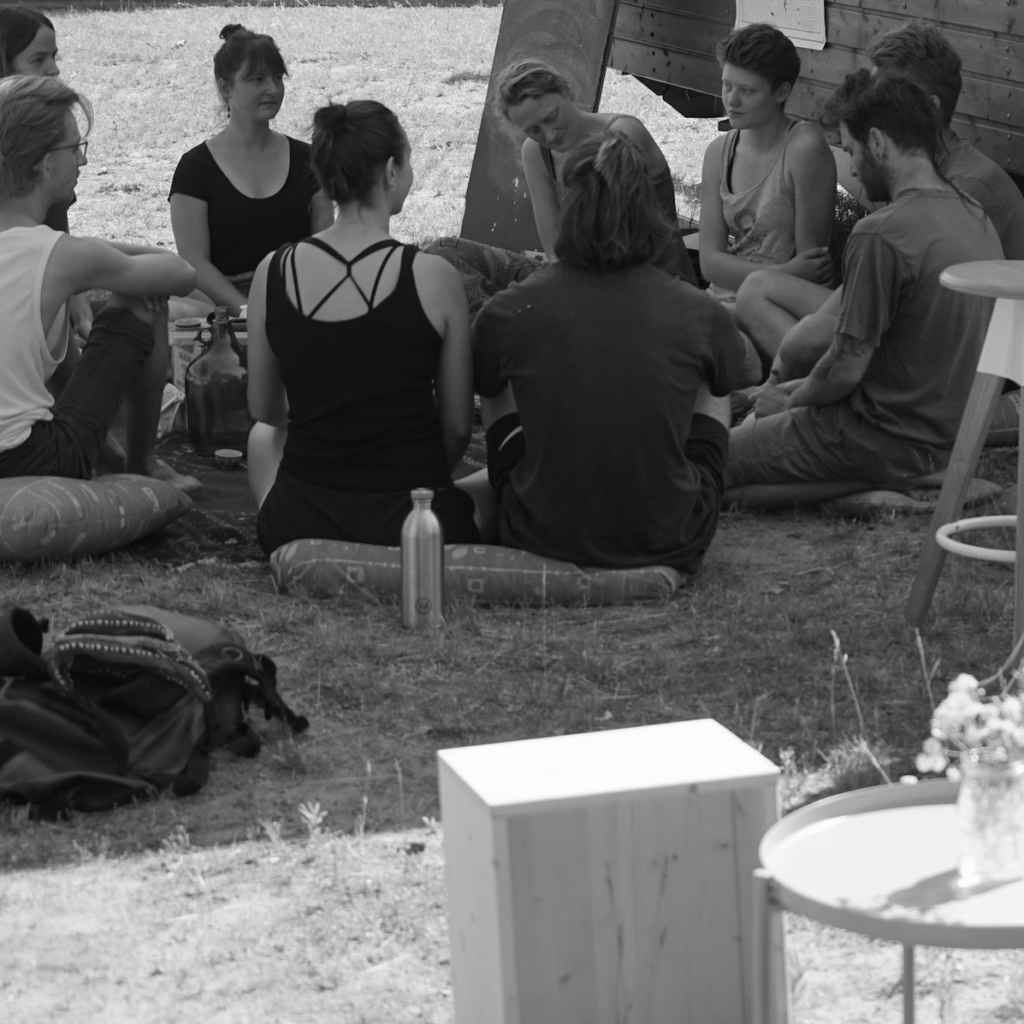
(WORKSHOP + 7×7 Talk)
On Ecosystems of Work: Inner and Outer
Composting infrastructures of separation and honouring human and multispecies ecological communities
How can work be a process of collective unfurling, where there is space for more attentive and caring engagement with an indefinitely broad spectrum of agencies, human and more-than-human? Life is a connected phenomenon, yet we often don’t notice the patterns of interdependencies. In this 7 min quickie, we’ll introduce some ideas for work ethics that are offering to look into forming ethical coalitions in ecosystems of abundance, fostering diversity, and commoning as a way towards strategies for co-flourishing.
Media recommendations:
- ‘Symbiotic Planet’ by Lynn Margulis
- Degrowth: A Vocabulary for a New Era
- ‘Braiding Sweetgrass’ by Robin Wall Kimmerer
- Bonus: Marx for Cats: https://vimeo.com/marxforcats
Sabina Enéa Téari – Foresta Collective
Foresta Collective is a fluid collective of humans and not only, exploring potentials for living in more conscious, regenerative, and poetic ways. Our work unfolds through collective practice and research, spaces of (re)connection, sensuous storytelling, and experiential learning for becoming and growing in human and multispecies ways. Dedicated to ecological futures. Rooted in embodied culture, art thinking and making, transdisciplinary tissues, and reciprocity with the living world.
Questions:
- What is decommodification and de-professionalization of work?
- How do you land visions for working relationships rooted in attention and care for multispecies worlds?
- In a transition from extractive to regenerative economies and cultures of work, what does it mean to take commons to heart? What would a society of citizens as commoners look like?
- What does it mean for our individual and collective work, i.e. a society and economy that function as common pools of shared knowledge and intentions, in every domain of social activity?
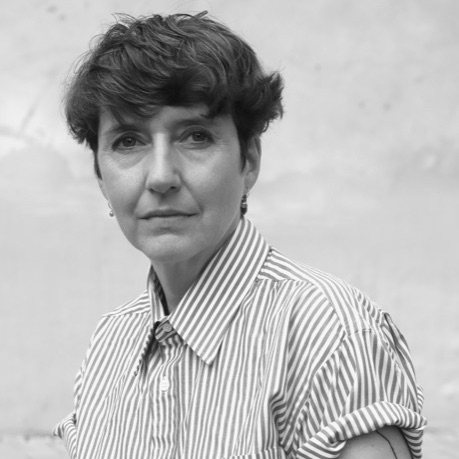
(WORKSHOP)
NameGame
Revisited
Like in Grimm’s fairytale „Rumpelstilzchen“, it’s not easy to stick a name to what makes us spin, what sucks us dry, what creates an unmeasurable wealth for some, unmeasurable choices for consumption for many and deep exhaustion for those who toil in the marketing departments, and/or the Amazon warehouses: is it called post-fordism? is it called semio-capitalism? is it called the end of the world? In 2002 and 2003, in the aftermath of the dot.com economy crash, artists Ingo Vetter and Annette Weisser hosted two workshops under the title „NameGame” at Halle für Kunst, Lüneburg, and Forum Stadtpark, Graz. They invited artists, writers, curators, web designers, journalists, and other members of the so-called „creative class“. Collectively, they tried to figure out how we work, to what extend social relationships are always already a part of our work environment, and if any form of political mobilizing beyond these life/work relationships is even conceivable. “NameGame – Revisited” will take up these questions from the perspective of 20 years later. Where are we now?
Media recommendations:
- https://www.eflux.com/journal/20/67633/cognitarian-subjectivation/
- melanie gilligan: popular unrest http://popularunrest.org/
- heike geissler: saisonarbeit, spector books, 2014
- seasonal associate, 2019, semiotext(e)
Annette Weisser
Annette Weisser is a visual artist and writer based in Berlin. She is currently teaching at Kunsthochschule Kassel. From 2006 to 2019 she lived in Los Angeles and taught at ArtCenter College of Design, Pasadena. Recurrent themes in her work of recent years are historical trauma and collective vs. individual identity construction. In her collaborative work with artist Ingo Vetter from 1996 to 2006, she explored the heterotopic potential of public gardens, urban gardening as symbolic practice, artistic strategies for public spaces, and issues of creative labor. She is a founding member of Detroit Tree of Heaven Woodshop. Her first novel “Mycelium” has been published by semiotext(e), Los Angeles, in 2019. She is currently working on her second novel.
Questions:
- Is your work environment what you expect it to be while you were in art school or university?
- (For students: What do you expect your work environment to look like in 10 years?)
- What would you like to change about your work environment?
- Do you consider yourself privileged?
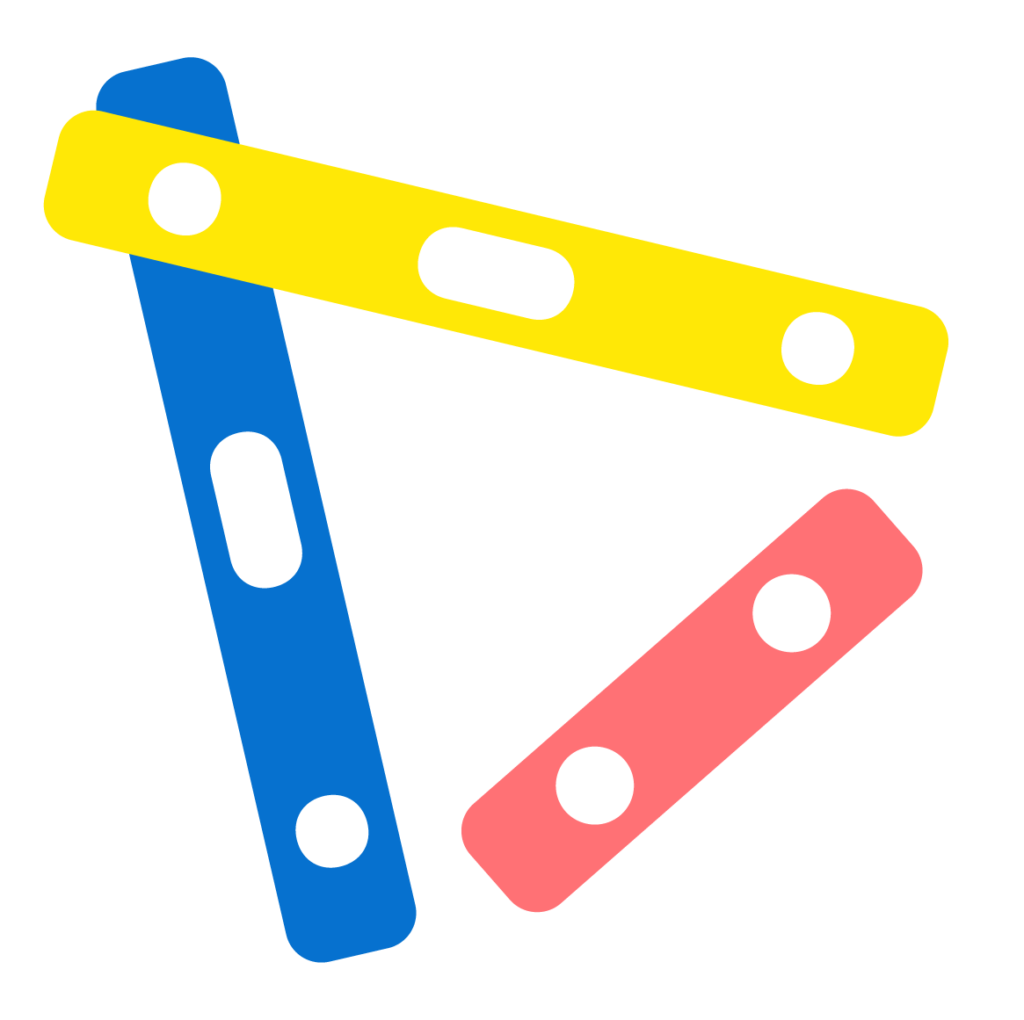
(WORKSHOP)
Revolutionary Affinity Goups – Towards life-long political work !
How to trick capitalism and use your own privilege for radical change
The Question around livelihoods in the sphere of radical activism is closely linked to the observation, that many people stop being politically active after some years. We argue that time has come to organize radically differently. Political work has too often been a leisure time – issue! Within the workshop we want to develop a critique of capitalism and discuss alternative forms of working together, that are based on the sharing of resources, taking responsibility for one another, and sharing the passion for radical change.
Media recommendations:
- Video: Unboxing capitalism https://www.youtube.com/watch?v=JSGuy3LA-d0;
- Book: Beziehungsweise Revolution – Bini Adamzcak;
- Book: Crack Capitalism – John Holloway
Fritz
Fritz is a german-argentine geographer and activist within the anti-capitalist climate justice movement. In his Bachelor Thesis, he explored different perspectives on intersectional perspectives on the climate as well as on capitalism. But as theory needs to come into practice he became part of Solidaritree and organized actions, workshops, and else around the topics of commons, redistribution, coal mining, and climate justice.
Questions:
- Why are live decisions so often linked to perspectives of career and wages instead of a feeling or analysis of sense?
- What role does the concept of a nuclear family play within our western capitalist societies?
- How can a revolution practically look like in our industrialized countries?
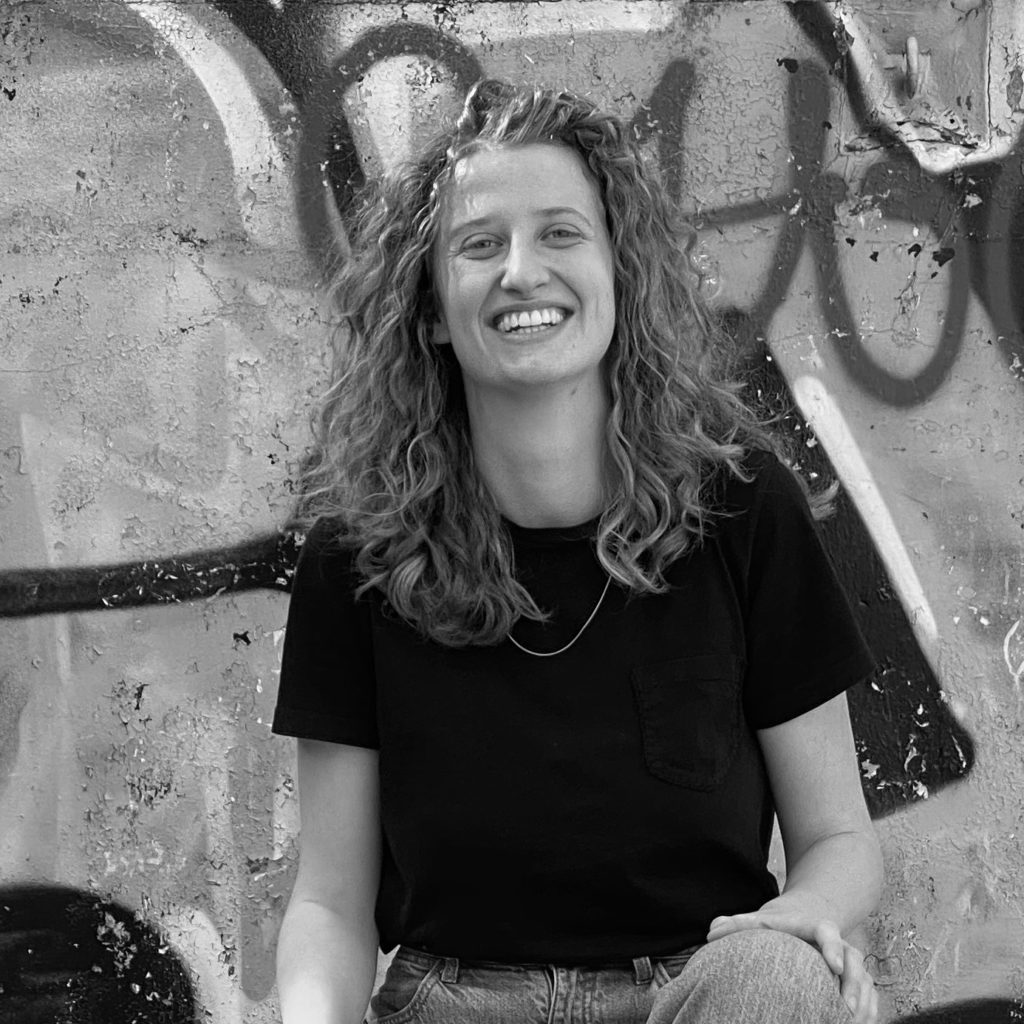
(WORKSHOP)
The idea machine
Get active as we redesign the meaning of labour
How to earn a living by doing what we love and what we believe in?
Using the inspiration we get through the frame of this conference, I want to create space for an exchange between the participants who are a source of inspiration themselves. In this workshop, we will exchange visions, hopes, and ideas with an aim to answer various aspects of the larger question, “what could work look like?”. Together with Chiara Sterzl and Eric Whyte, I developed a tool that leverages a co-creation process, leading participants from topic identification to actual implementation.
Under the motto ”redefine, redesign, redo”, individual parts of the tool will be used to develop concrete solutions for the following questions:
How can existing jobs be turned into transformative work? What may be an alternative to conventional work in the future?
Media recommendations:
- https://en.resonanz-zeitalter.com by Linda Sophie Nißlbeck and Louisa Wolf (online exhibition)
- Resonance: A Sociology of Our Relationship to the World by Hartmut Rosa (book)
- unruly edges: mushrooms as companion species by Anna Tsing (paper)
Julia Sauter
Julia is a social and transformative designer, focusing on the impact of her work. She specializes in design thinking processes and solution-orientated projects. She began speculating about future changes during her BA in Communications Design, which she studied in Würzburg, Italy, and New York. In Bolzano, Julia found a perfect combination of her passion for mountains and nature and her vision for creating a fairer and more sustainable future. At the Free University of Bolzano, she studies the master of eco-social design and works as a freelance Designer. As a climate activist, she supports ProtectOurWinters Italy with Design work and spends her free time seeking the next adventures. Excited about: sociology, ethical debates, and the mystery of human behaviors.
Looking forward to: speculate about the future of work, together with you.
Questions:
- How do we want to spend our time?
- Why do we measure wealth with money?
- What can be alternatives?
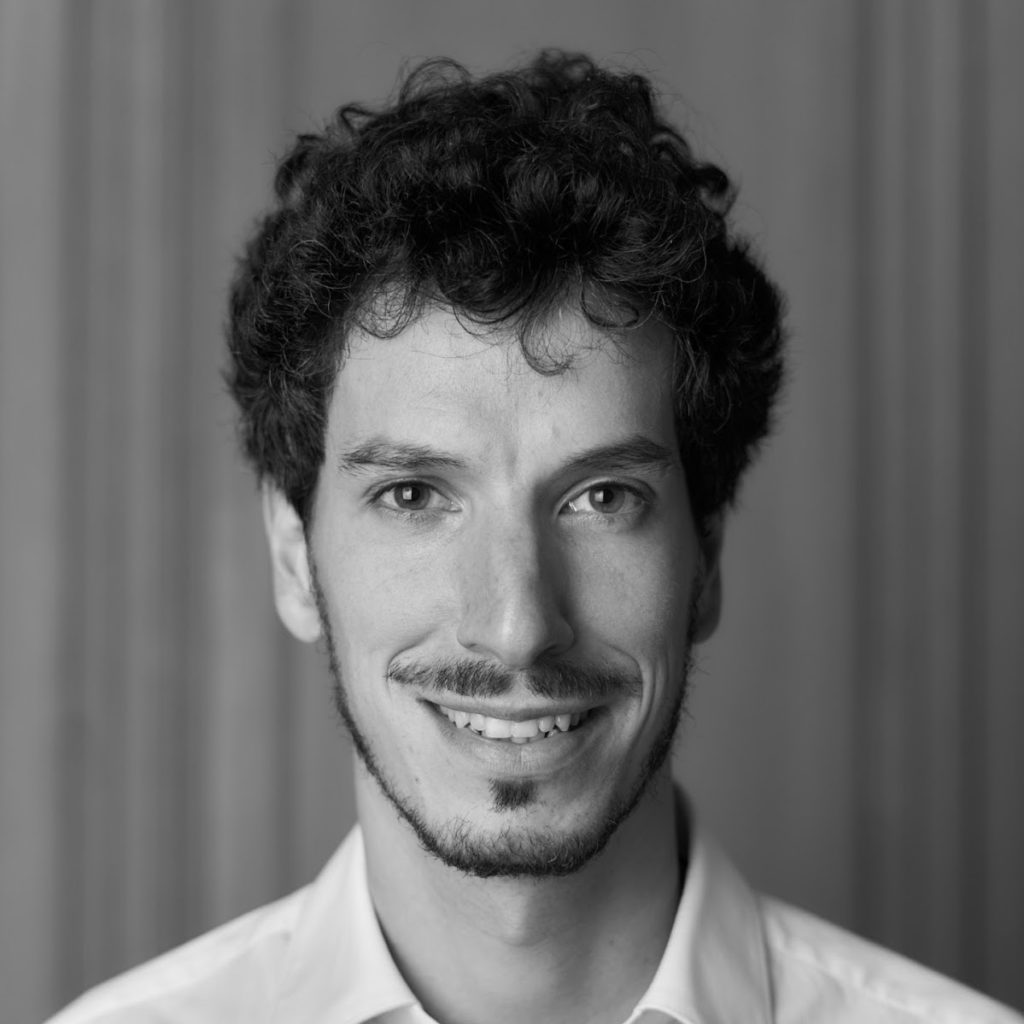
(WORKSHOP)
The good, the ugly and the economist
A short intro on the beauty and evil of economics
We will go through a very brief history of economics as a “science”. I will try to show with examples and little experiments that economics is very different from what people think about it. I will finally list and explain the big open questions that economics must answer to help humanity.
Media recommendations:
- https://freakonomics.com/archive/
- https://www.project-syndicate.org/
- Book: Thinking, fast and slow: Daniel Kahneman
Paolo Roberti
I am an assistant professor at the faculty of economics and management (unibz). My research focuses on the incentives that drive the implementation of different policies by politicians, legislators, and autocrats. That has to do with economics somehow.
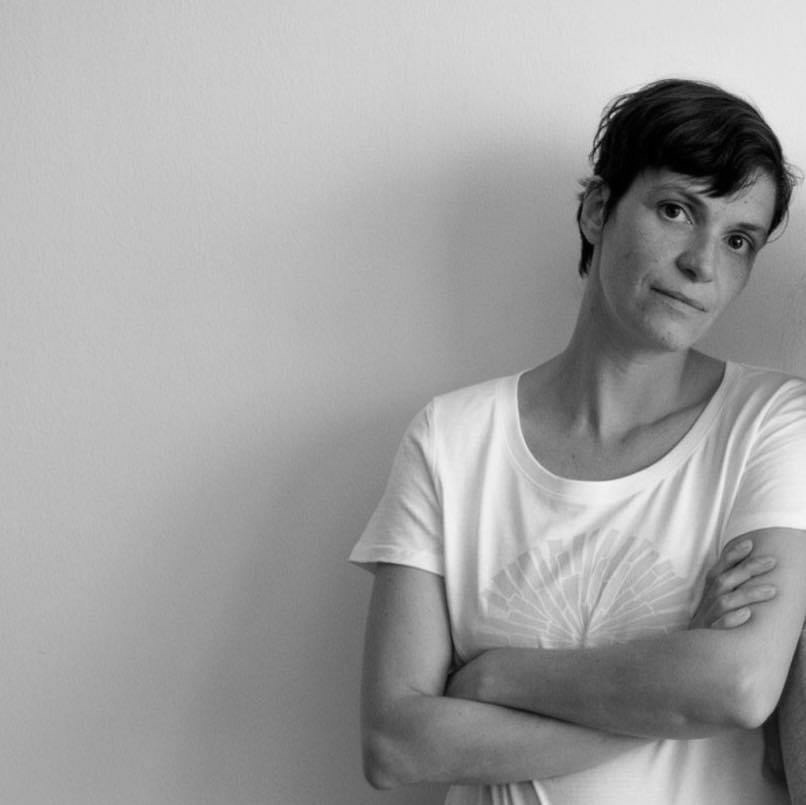
(WORKSHOP)
What we don’t see
A DERF approach
To be transformative, we need to radically rethink what has to do with the nature of work itself.
What impact does our work have on our lives? We will reason from ourselves as a starting point for reflection on how we can act in situated and interdependent ways by having care as a central reference point and as an act of transformation. A time of reflection and thinking about our resume of skills and works we do to support ourselves without being recognized, about the strategies we adopt to survive in our diversity, and all those actions we do even when we do nothing.
Media recommendations:
- Silvia Federici, Revolution at Point Zero: Housework, Reproduction, and Feminist Struggle (PM Press, 2012)https://www.youtube.com/watch?v=74F3AfxIKKo
- Adrienne Maree Brown, Emergent Strategy: Shaping Change, Changing Worlds (AK Press, 2017)https://gsanetwork.org/wp-content/uploads/2020/12/Emergent-Strategy-by-adrienne-maree-brown.pdf
- J. K. Gibson-Graham, A Postcapitalist Politics (University of Minnesota Press, 2006)
Martina Dandolo
Martina Dandolo (MAGARI & DERF Group) Designer since 2003 and graduate in Eco-Social Design at the Faculty of Design and Arts of the University of Bolzano. I have been involved in visual and inclusive communication, cultural projects with relational and participatory approaches. Through my work, I develop tools, that thanks to communication, publishing projects, relational and co-design projects I apply to investigate the processes of social and cultural transformation. I’m particularly interested in community and mutual economies, a form of activism, feminist theory, and self-determination processes.
Questions:
- How we do what we do?
- What work do you do that you don’t get recognized for?
- What strategies do you use to re-produce Your work or roles?

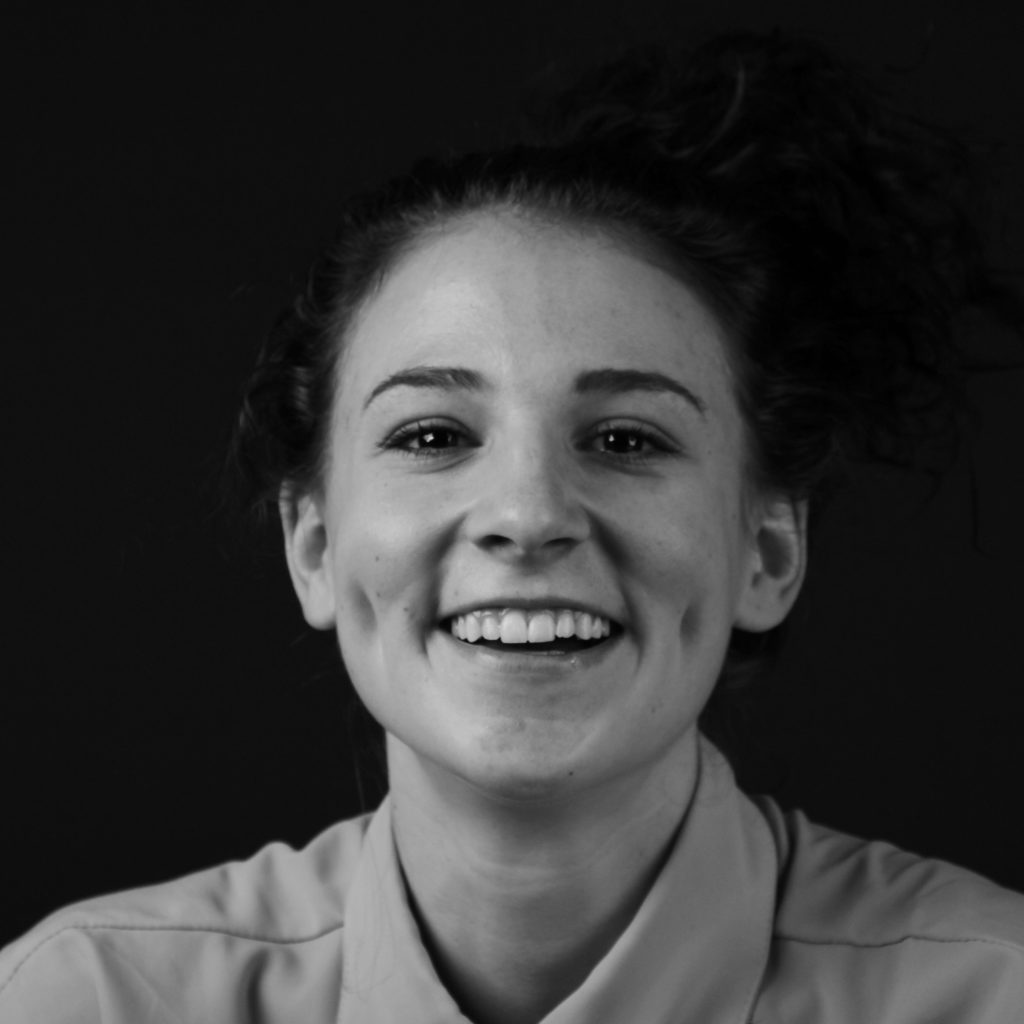
(7X7 TALKS)
Caution! Humans at work
A short story of humans working on earth
Let’s sit back and expand our perspective on the concept of work. What is work and why do we not really seem to like it? Historically, it has rarely been something that brings pleasure to human beings. The concept has been constructed by the tensions between a working-class and a leading class; the way we work has also been manipulated by tools and machines. Pressures from work ethics and different eras of management styles have tried to maximize the efficiency of the human workforce in order to sustain and constantly improve our livelihoods. Today, we expect work to be about more than simply being a means to survive. The coming generations seek occupations that bring joy, fulfillment, AND sustain life. For the glimpse of geological history that humans have worked on earth, is it now the first time we have the freedom to ask: How do we actually want to work?
Media recommendations:
- The history of work-Richard Donkin
- Take Back the Economy-An Ethical Guide for Transforming Our Communities by J. K. Gibson-Graham, Jenny Cameron and Stephen Healy
- The Sane Society by Erich Fromm.
Kurz Carola Johanna
Carola is a German product designer currently studying Ecosocial Design in Bolzano. Her interest in environmentalism and the social responsibility of design started during her Bachelor studies during which she was a member of activist communities and founded a student initiative called Footprint Project, to create awareness and actions for environmental issues at the Hochschule Coburg. She finished her Bachelor’s Thesis with the topic of Post-Growth-Design, Design in a world without economic growth. In Bolzano she is also happy to be part of the Project Rivista Casanova, a community magazine and platform of commoning, that was implemented during the past year. Experience during the Covid-19 pandemic and interests led her to the topic of mental health and work, which she has been researching for her master thesis for one year now. She strongly believes that transforming work to create a more sustainable form of human existence on earth requires not only a change in our working practices but also a rethinking of our concept of work and the work ethic that goes with it. I dream of a world, where care, resting, and regeneration are included in our idea of work and where a culture of conscious community gives us everything we need to support our livelihood.
Questions:
- What is work?
- How did we get here?
- How do we want to work in the future?

(7X7 TALKS + WORKSHOP)
On Ecosystems of Work: Inner and Outer
Composting infrastructures of separation and honouring human and multispecies ecological communities
How can work be a process of collective unfurling, where there is space for more attentive and caring engagement with an indefinitely broad spectrum of agencies, human and more-than-human? Life is a connected phenomenon, yet we often don’t notice the patterns of interdependencies. In this 7 min quickie, we’ll introduce some ideas for work ethics that are offering to look into forming ethical coalitions in ecosystems of abundance, fostering diversity, and commoning as a way towards strategies for co-flourishing.
Media recommendations:
- ‘Symbiotic Planet’ by Lynn Margulis
- Degrowth: A Vocabulary for a New Era
- ‘Braiding Sweetgrass’ by Robin Wall Kimmerer
- Bonus: Marx for Cats: https://vimeo.com/marxforcats
Sabina Enéa Téari – Foresta Collective
Foresta Collective is a fluid collective of humans and not only, exploring potentials for living in more conscious, regenerative, and poetic ways. Our work unfolds through collective practice and research, spaces of (re)connection, sensuous storytelling, and experiential learning for becoming and growing in human and multispecies ways. Dedicated to ecological futures. Rooted in embodied culture, art thinking and making, transdisciplinary tissues, and reciprocity with the living world.
Questions:
- What is decommodification and de-professionalization of work?
- How do you land visions for working relationships rooted in attention and care for multispecies worlds?
- In a transition from extractive to regenerative economies and cultures of work, what does it mean to take commons to heart? What would a society of citizens as commoners look like?
- What does it mean for our individual and collective work, i.e. a society and economy that function as common pools of shared knowledge and intentions, in every domain of social activity?
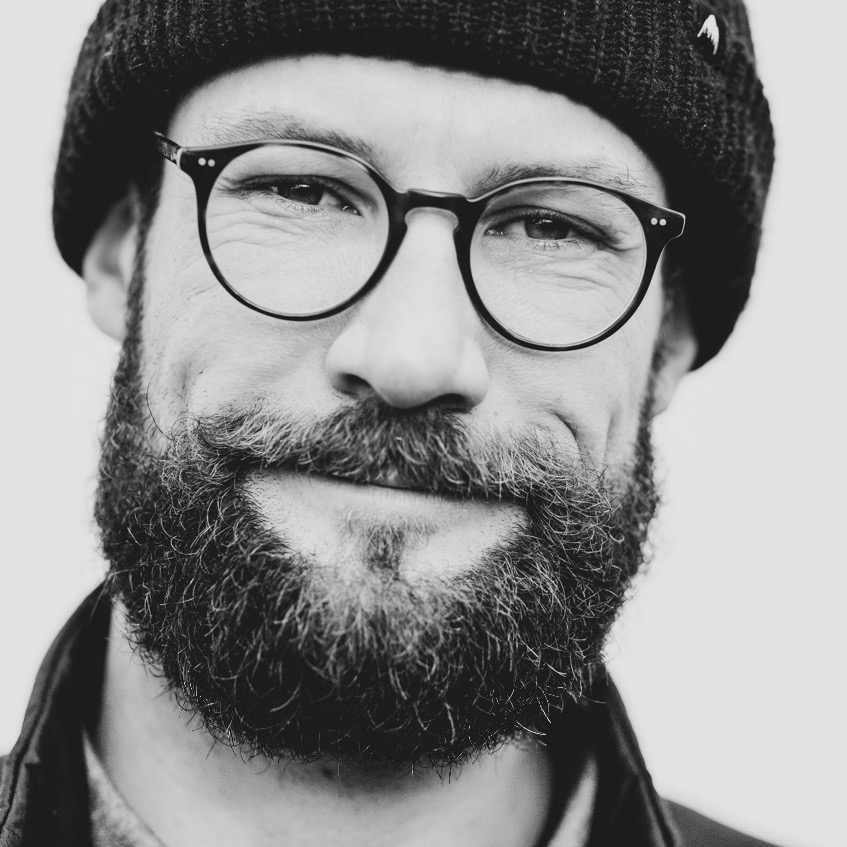
(7X7 TALKS)
From waste to serendipity
Approaching the obvious
We live in a time of wasteful abundance, an excess of material, energy, emotion, time, movement. How can we leave behind this unsustainable way of living and use the remains of this century of “too much” for a future with reason?
Media recommendations:
- Reduce, reuse, recycle. Arch. Biennale 2012 Venezia
- How to Sabotage a Meeting – CIA Tool on “Conditioned Autonomy”.
- Sagmeister – Happy Movie making of
Johannes Muensch
Born: Constance on Lake Constance
Rised: Ulm on the Danube
Studied: Architecture / Innsbruck
Founder: Upcycling Studio / Innsbruck / 2015; DieLücke – Verein zur temporären Zwischennutzung von Gebäudeleerstand / 2018
Questions:
- When was the Last Time you did s.th. For the First Time?
- Why do we always need more?
- We live in the age of the museum. When is the archiving of humanity finished and when do we stop evolving? Or how far does it go before it ends?
- When & How does it continue?
- Homo Economics or Homo Plastic?
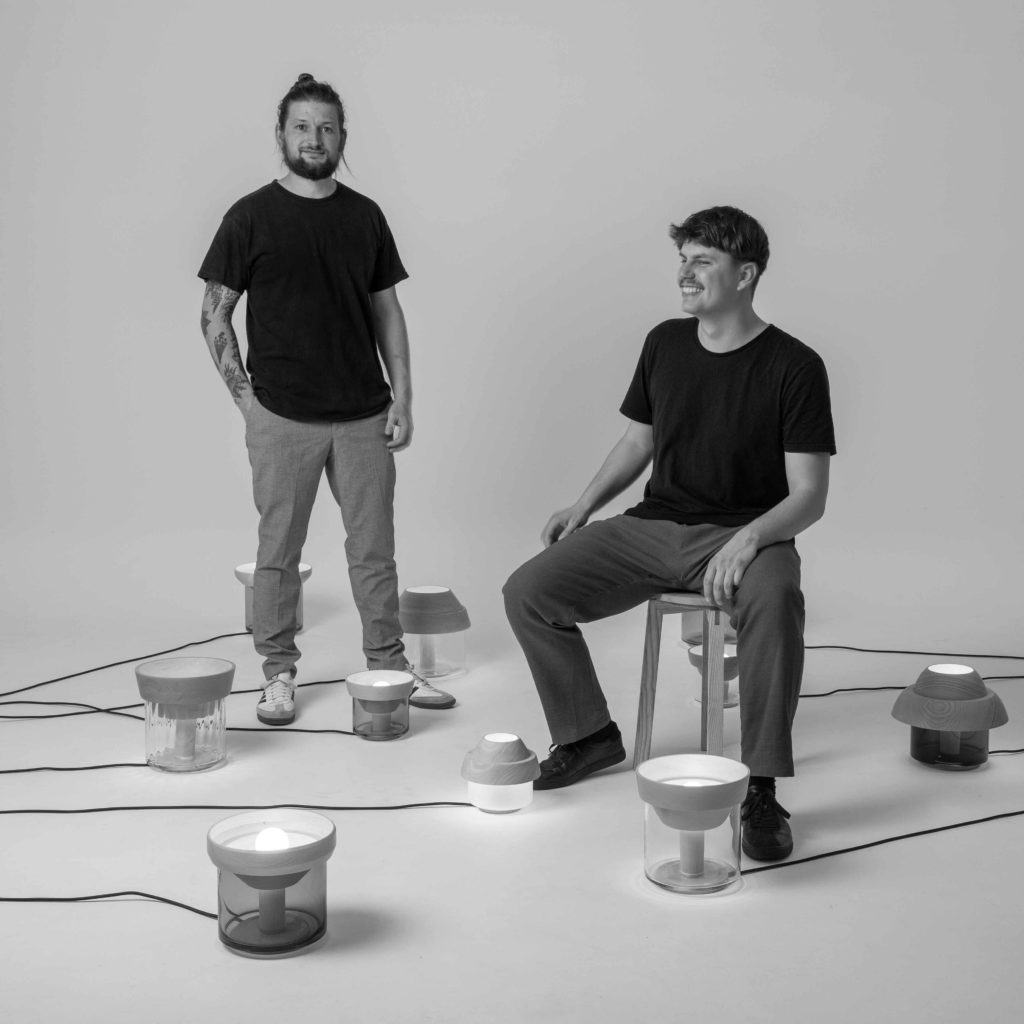
(7X7 TALKS)
Culture Craft Objects
Integration of craftspeople into an ecologically and socially fair production network
We see the work on systems in which products can be manufactured ecologically and fairly as essential for the future. Johannes Ruf and Sven Kammerer have been working on an ecologically & socially fair collaboration system between craftsmen and a brand. A system in which craftspeople are decentralized and collaborative producers. A new form of design communication creates product variations through different production partners. Participation for cultural maintenance.
Media recommendations:
- “Weder Mangel noch Übermaß” by Wuppertal Institut für Klima, Umwelt, Energie.
- “Tools for the Design Revolution: Design Knowledge for the Future” by DRV – Institute of Design Research Vienna
- “Unknown Fields: Tales from the Dark Side of the City” by Liam Young and Kate Davies, https://vimeo.com/323308462
Sven Kammerer
Sven Kammerer is a multi-disciplinary designer and artist who takes a wide view of the whole system. He studied product design at “Hochschule für Gestaltung in Schwäbisch Gmünd” and has worked in fields such as scenography, interior design, and product design. His personal focus is on projects that have an ecological and socially fair impact. He captures his fascination for details he encounters in everyday life in his photography, whether it’s the streetlight on the corner or a small detail on the next house facade. This attention to detail is reflected in his projects. Sven always has the bigger picture in mind and knows that in the end the details complete the whole. After a long career in the automotive sector, Johannes Ruf studied product design at the Hochschule für Gestaltung in Schwäbisch Gmünd. He has already implemented innovative projects for the medical, automotive, and chemical industries. The focus of his work is always to put the customer and user in the system focus. Technical experience and an affinity for innovative materials are reflected in many of the projects. ”For me, it’s about understanding problems and achieving the best possible result through the skills and resources of all involved.”
Questions:
- For us, design is not reduced to the form or function of a product. Rather, it is the ability to solve challenges at the level of an overall system.
- What role does culture play in the use of resources?
- How can local culture be preserved in an increasingly globalized world?
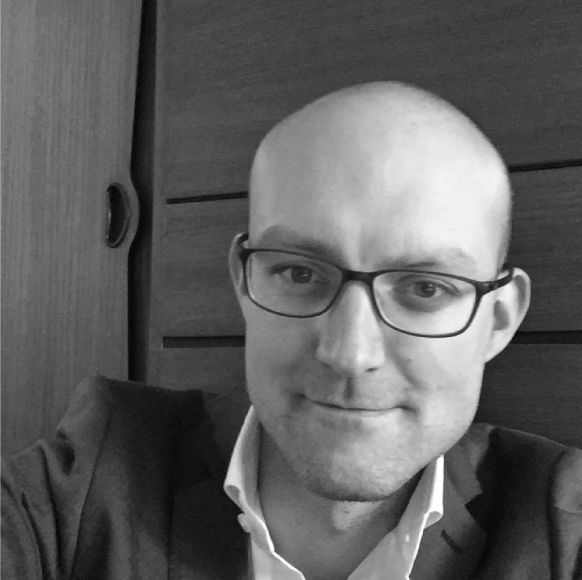
(7X7 TALKS)
How to deal with wicked problems
Designing as a crucial skill to act under conditions of uncertainty, ambivalence and in diffuse situations
Spatial planning problems are wicked: One cannot calculate the right solution or a correct outcome. Planning – by definition – is always about dealing with open situations, ambivalence, and diffuse problems. Furthermore, planning has to cope with five different ways of knowledge (Horst W. Rittel) which are, beforehand, only in parts accessible to empiric, scientific means. Rather, parts of this knowledge have to be produced in political processes that are intertwined with the progress of a project. Design is a crucial – but often misunderstood – method to overcome these wicked problems and a strategy to deal with the different kinds of knowledge involved when trying to accomplish projects and transformation processes. In our work, we try to highlight typical sources of uncertainty and ambivalence in the field of spatial planning. Design is not a detached practice in solitude, it is always considering and necessarily dependent on its context: socially, politically, and environmentally and the feedback which is given. Wicked problems cannot be solved in recourse to abstract ideals nor with even the most advanced algorithms. To cope with wicked problems one has to create different alternative scenarios and hypotheses that have to be examined in a structured process. These hypotheses alter the original problem description in a circular process that endures until a practicable solution regarding the individual human, social, cultural, and political context is found. Crucial is the knowledge of how to structure these design processes and the manifold interfaces to the political realm. Thus, dealing with wicked problems is not about black and white, right or wrong, but instead about picking and establishing the best possible solution at a given time. It‘s decision-making in a gradual way, where it is decisive to identify the tools and methods to pick the most consistent, coherent solutions and to create political consensus at the same time.
Media recommendations:
- Thinking Design: Transdisziplinäre Konzepte für Planer und Entwerfer, Schön, Donald (1983)
- The Reflective Practitioner: How professionals think in action, Wolfrum, Sophie und Janson, Alban (2016).
Nikolai Frhr. v. Brandis
Nikolai Frhr. v. Brandis *1978 in Bremen, grew up in Hamburg, Washington D.C. and Munich. He studied architecture at Bauhaus-Universität Weimar and Accademia di Architettura in Mendrisio. After his diploma in Weimar in 2007, he worked in the office of Johannes Florin in Maienfeld in the canton of Grisons. From 2010 to 2015 he was a research associate at the chair for Urban Design and Spatial Planning at Technische Universität München (TUM) before he started to work for UmbauStadt, Weimar where he worked on urban and regional concepts and their implementation as well as on the organization of architectural competitions. In 2017 he switched sides and joined the Landesbaudirektion Bayern in Nuremberg which is an authority of the State of Bavaria which helps to develop projects of communities as well as private parties that are entitled to receive funding from the federal government in the field of building preservation, basic public building tasks like sports facilities, museums and alike. Here, he works as a consultant for the basic project and design process set up, organization of budget, project management, and control. Alongside he is active as a visiting lecturer in urban planning, for example at RheinMain Hochschule Wiesbaden or frequently since 2018 at Hochschule Coburg. Occasional sidekick- projects with his office space director. During his career, he increasingly shifted away from the sole focus on the outcome, the work of architecture, towards the framework, the conditions for a succeeding building culture and design practice, and, of course, how to provide these conditions with forceful determination in real-life.
Questions:
Three bold statements….
- Design is the answer.
- Fuck „Fuck the context“.
- Do more back-talk. And listen.
Big questions, we always come back to….
- Why do you have to design? Why can architecture not be simply calculated?
- How do I design?
- Will computer-generated design ever be able to fulfill the specific demands and needs of humans?
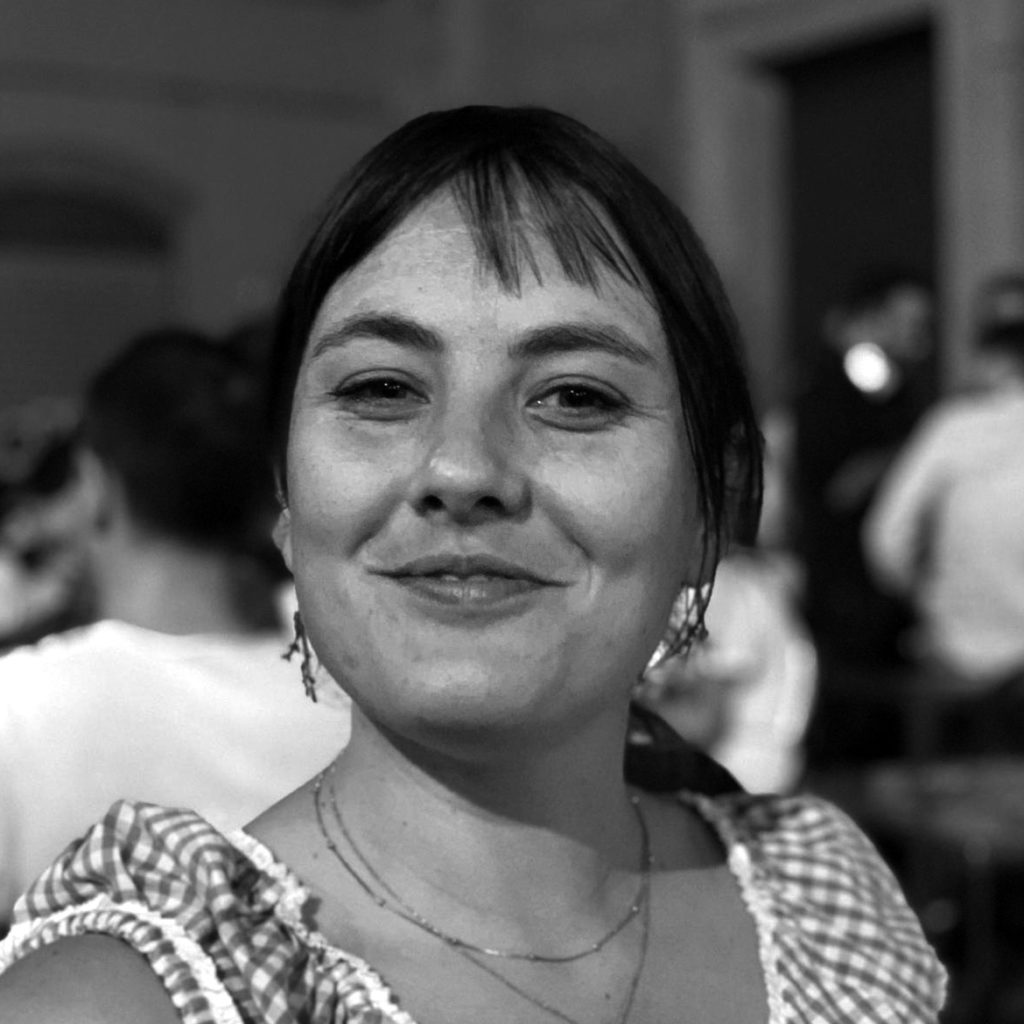
(7X7 TALKS)
I’m a Freelancer Entrepreneur
Using business as a tool to create, amplify & sustain your own transformative work
In these 7 mins, we bridge the imaginary gap between business, entrepreneurship, and impact work in the creative field. We talk about how freelancing can be used as a process to create work autonomy and how business strategies, regularly used in for-profit objectives, can also be used to create, sustain, or amplify eco-social impact. This talk is for any creative professional interested in exploring the cornerstones of business to bend them to serve eco-social career objectives.
Media recommendations:
- Professional social media: LinkedIn & a local Facebook group for professionals in your field
- Your Undivided Attention podcast
- The International Journalism Festival’s roundup email newsletter
Iske Conradie
Eco-social designer, journalist and very proud South African committed to 1) eco-social entrepreneurship and 2) making dominant youth media a more supportive and empowering information environment to teenagers.
Questions:
- What would change if transformation designers were armed with business know-how?
- A career is not dependent on a linear set of open positions.
- What if we could commit the best business strategies to sustain eco-social impact?
